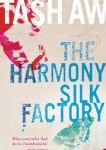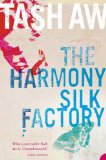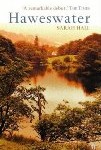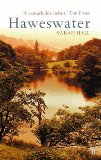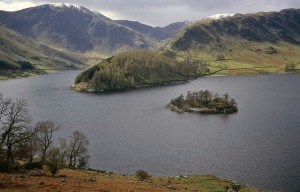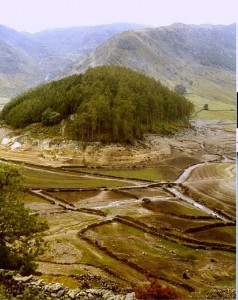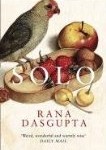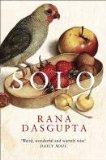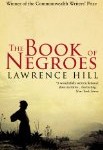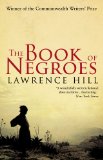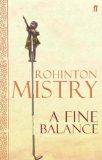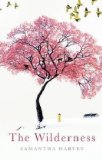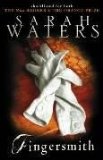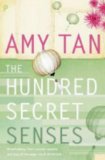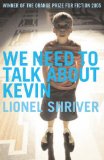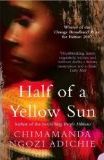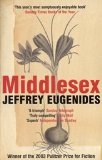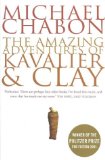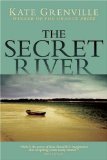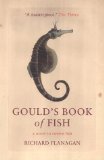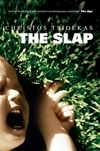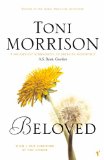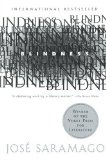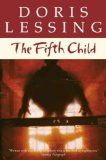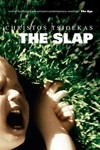Winner of 2005 Commonwealth Writers’ Prize (South East Asia and South Pacific Region, Best First Book) and 2005 Whitbread First Novel Award
The Harmony Silk Factory is set in Malaysia during the early 1940s – a period in which the Japanese began their invasion of the country. The book is divided into three parts, each telling the story of Johnny Lim, a textile merchant with a shady past, from a different perspective.
The book started off really well. The writing was fantastic and I was quickly drawn into the account of Johnny’s early life, as told by his son, Jasper. Johnny was a fantastic character – I loved seeing the way he got out of various scrapes and rose to become one of the most important men in the area.
Some people are born with a streak of malice running through them. It poisons their blood for ever, swimming in their veins like a mysterious virus. It may lurk unnoticed for many years, surfacing only occasionally. Good times may temporarily suppress these instincts, and the person may even appear well intentioned and honest. Sooner or later, however, the cold hatred wins over. It is an incurable condition.
Unfortunately, the wonderful story telling came to an abrupt end as we reached part 2 (p120). The narrator switched to Snow (Johnny’s wife) and the prose took the form of a diary. The story of how Johnny and Snow came to marry was nowhere near as interesting as part 1 and the diary made the pace slower. Very little happened in this section and my mind wandered from the page at several points.
Part 3 was narrated by Englishman, Peter Wormwood, and repeated many of the events recounted earlier in the book, but from a slightly different perspective. I never warmed to Wormwood and found it a real chore to read most of this section. I recognise that the point is to show how people can view the same person in a different light, but it meant that I struggled to maintain an emotional connection throughout the narrative. I wish that the whole book had been written in the style of the first part and not tried to get too clever.
Overall there was a lot to enjoy in this book, but the frustrating final section left the book on a low note.
Have you read Tash Aw’s latest book, Map of the Invisible World?
Is is better than this one?
